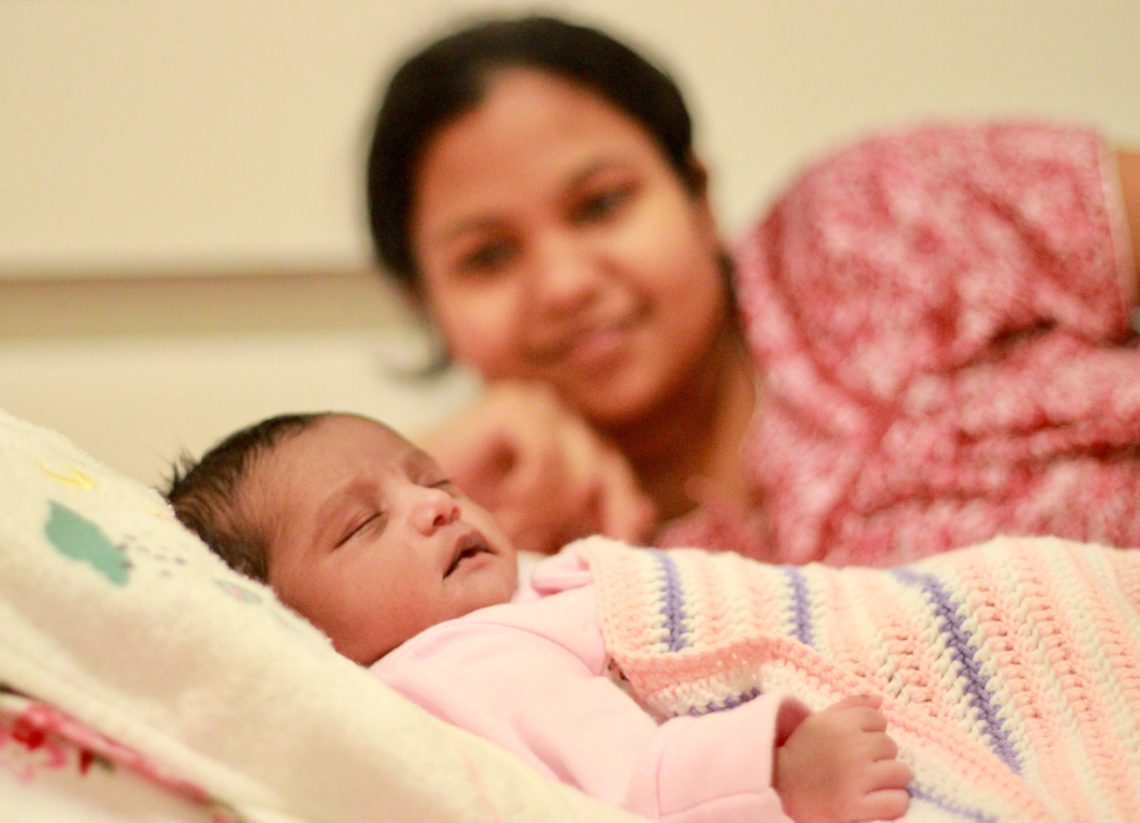
First week with your baby
Your baby is finally here! You have been waiting for this moment all these 9 months to hold your beautiful bundle of joy. If you are a first time mom, you might feel the baby is very delicate to handle and may be nervous about how to provide proper care to the baby. But don’t worry. You can do it!
The first week is the best time to start bonding with your baby. Your baby can recognise you with your sight, voice, touch and smell. You can start communicating with your baby and you will also get to understand your baby’s way of communication. This promotes the bonding with your baby and also helps in your baby’s brain development.
Here are some facts and changes that happens in the first week with your baby.
1.) Your baby will probably feel sleepy in the first 3 days. The baby also needs time to get used to the new environment.
2.) Your little one will lose some weight in the first few days after birth with an average of 5 to 10 percent of the birth weight.
3.) If your baby’s head is a kind of cone-shaped after his way through the birth canal or because of a vacuum-assisted birth, it should round out to a more normal-looking shape within a day or two.
4.) Your baby’s first poop is called meconium – which is sticky and tar-like greenish-black substance that filled your baby’s intestine while in the womb. You can see it in the first diaper change. It may look gross but it is completely normal.
5.) Your baby’s umbilical cord will gradually dry and turn black. It will fall off on its own within 8 to 10 days.
6.) Your baby might have one or more birth marks at birth or even few days after birth. Usually it doesn’t need any medical attention but if it concerns you or your baby then you can have it checked by your care taker.
7.) Your baby can focus on objects that are 8 to 15 inches away. Thats the distance between your face and your baby’s face while you are holding your baby on your lap or breastfeeding.
8.) Your baby communicates more by crying – when hungry, has a wet or soiled diaper, feeling uncomfortable (too hot or too cold), to be held close to you for comfort.
When to seek medical help:
1.) When your baby cries in high-pitch continuously.
2.) When there are few wet nappies – less than 6 per day.
3.) When the baby doesn’t feed well.

